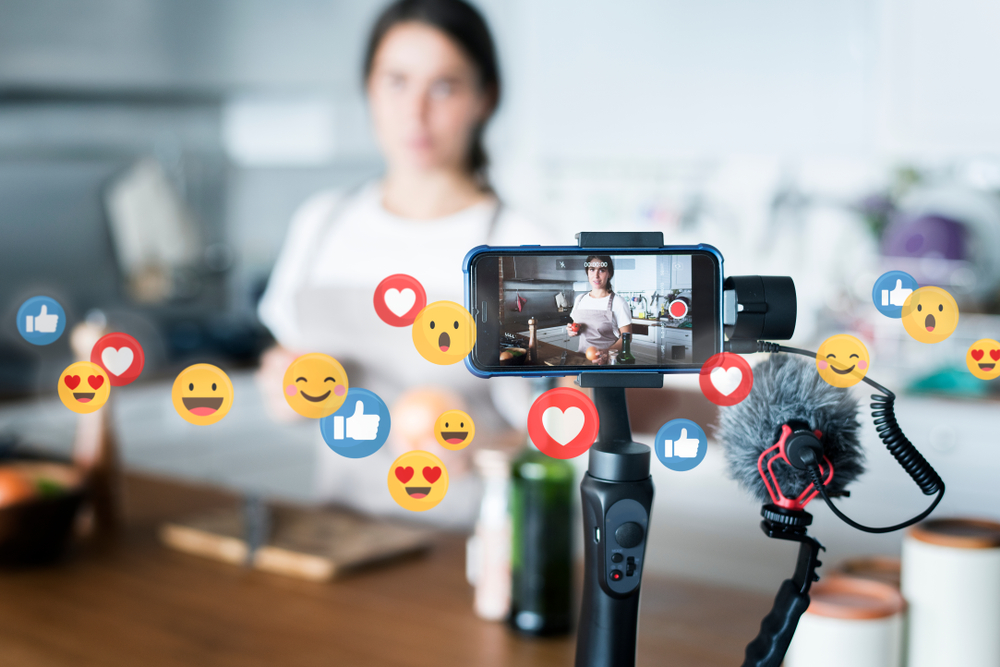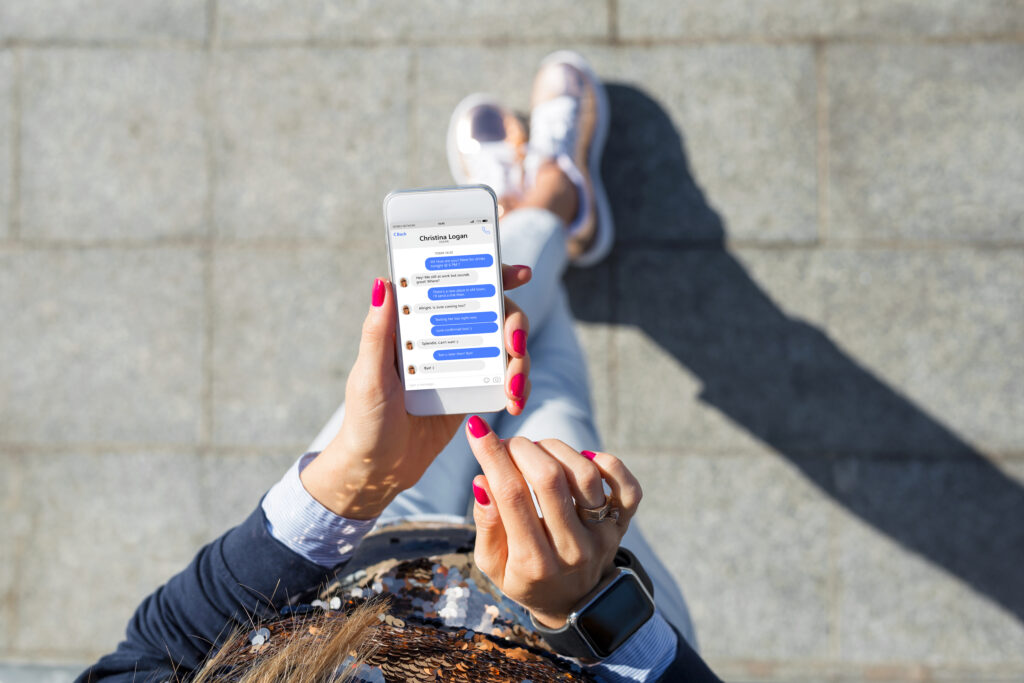Almost every social media platform has verification otherwise known as the blue tick however it’s time to make sure you’re aware of the social media scam and how hackers are taking advantage of those seeking verification.
Verification is mostly used to confirm the authenticity of celebrities, public figures or global brands social media pages so that the public are aware they are following the real deal and not a fake account.
However, with the ever growing popularity of people wanting to become social media influences more and more people are either gaining verification or seeking it.
Sadly cyber criminals are taking advantage of this want using verification offers to gain personal details such as bank information across multiple different social media platforms.

What are the hackers doing?
Hackers have been sending out offers across platforms such as Facebook, Twitter, Instagram and Tik Tok offering to verify peoples accounts if they enter certain information.
The scammers are doing this in multiple ways including pop ups, unsecure links, fake verification forms and directly messaging those with a medium or large following.
Although they are using many different ways to target people, they are always asking for the same personal information which they could later use to their own advantage.

How do I protect myself?
You can protect yourself from this scam in a similar way to many other online scams by following these tips:
- Never give out your personal information to people or organizations unless you can verify that they are authentic.
- Make sure your device has an up to date antivirus software as well as an up to date security system to protect your device from allowing any hackers to access it and prevent any viruses from being downloaded onto it.
- Always make sure that your social media accounts have up to date privacy settings and avoid accepting anyone that you do not know or cannot confirm their authenticity.
- If you are accessing your social media using a web browser then ensure that any links you click on are secure, if they are they will have a padlock next to their web address in the search bar. If this padlock does not appear then exit the site and do not use it.
- If you receive any emails, texts or social media messages with links asking you to verify any information then do not do so unless you are 100% that the ask is from a legitimate source. For example if you receive a message stating that your bank is asking you to click a link to confirm your bank details, then it is a scam as your bank would never ask this via text or email.
- Never click on pop ups as 9 times out of 10 they are scams or lead to unsecure sites that could leave viruses on your device.
If you have any other concerns or fear you may have been a victim from this scam and now have a virus on your device then get in touch with us on 0808 123 2820. We’re always happy to help!



Recent Comments